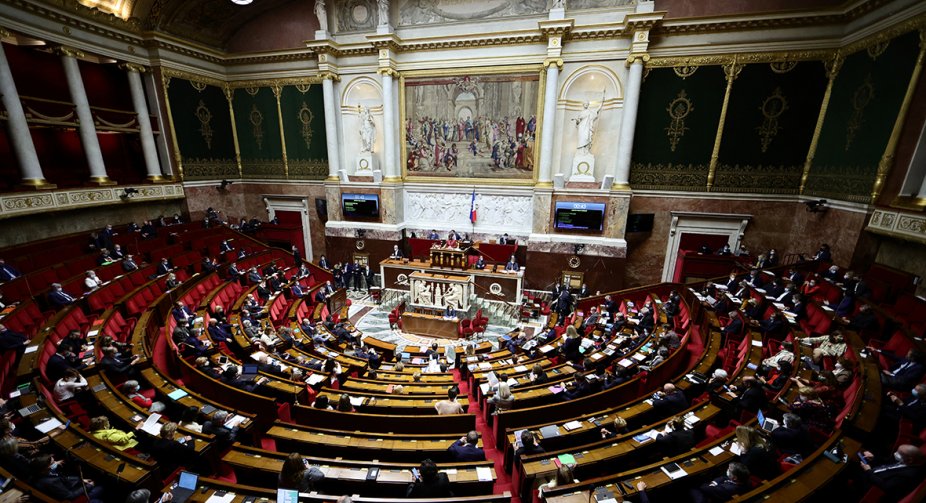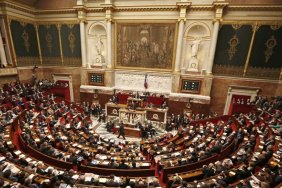In the lower house of the French parliament, two motions of no confidence in the government were registered due to the approval of the pension reform, the vote will take place in the evening of March 20.
This is reported by BFMTV.
Deputies of the National Assembly introduced only two motions of no confidence in the government of Elizabeth Bourne, they will consider both of them.
The first is a cross-party project of a vote of no confidence, initiated by the Liot group and supported by parliamentarians from the Nupes alliance of left forces.
The second draft of the vote of no confidence was introduced by MPs of the "National Union" Marine Le Pen.
For the resignation of the government, one of the projects must receive at least 287 votes. According to forecasts, so far the inter-party project has the support of 261 deputies and the choice of right-wing "republicans" will be decisive for the outcome of this vote.
Consideration of both projects is expected to begin at 4 p.m. The procedure involves the presentation of projects, speeches by representatives of the political forces with their arguments, and the government's response.
Voting can take place around 18:00. In contrast to voting on draft laws, in this case parliamentarians will cast their vote not in the main hall of the parliament, but in adjacent halls. However, the results of the vote are open and the list of those who will vote for no confidence in the government will be published on the website of the National Assembly immediately after the announcement of the results.
If the government is voted no-confidence, it will mean its resignation and the rejection of the pension reform project. It is possible that in this case, Emmanuel Macron will decide to dissolve the parliament.
If both votes of no confidence fail, the pension reform project will be considered adopted. In this case, the opposition forces are preparing to challenge it in the Constitutional Court. The signing of the bill by the president will have to be delayed until the review of these appeals, if they are submitted, is completed.
Public opinion polls show that 68% of French people want the resignation of the government after the decision to "push through" the pension reform under a special procedure, which enables the adoption of the project bypassing the parliament.

